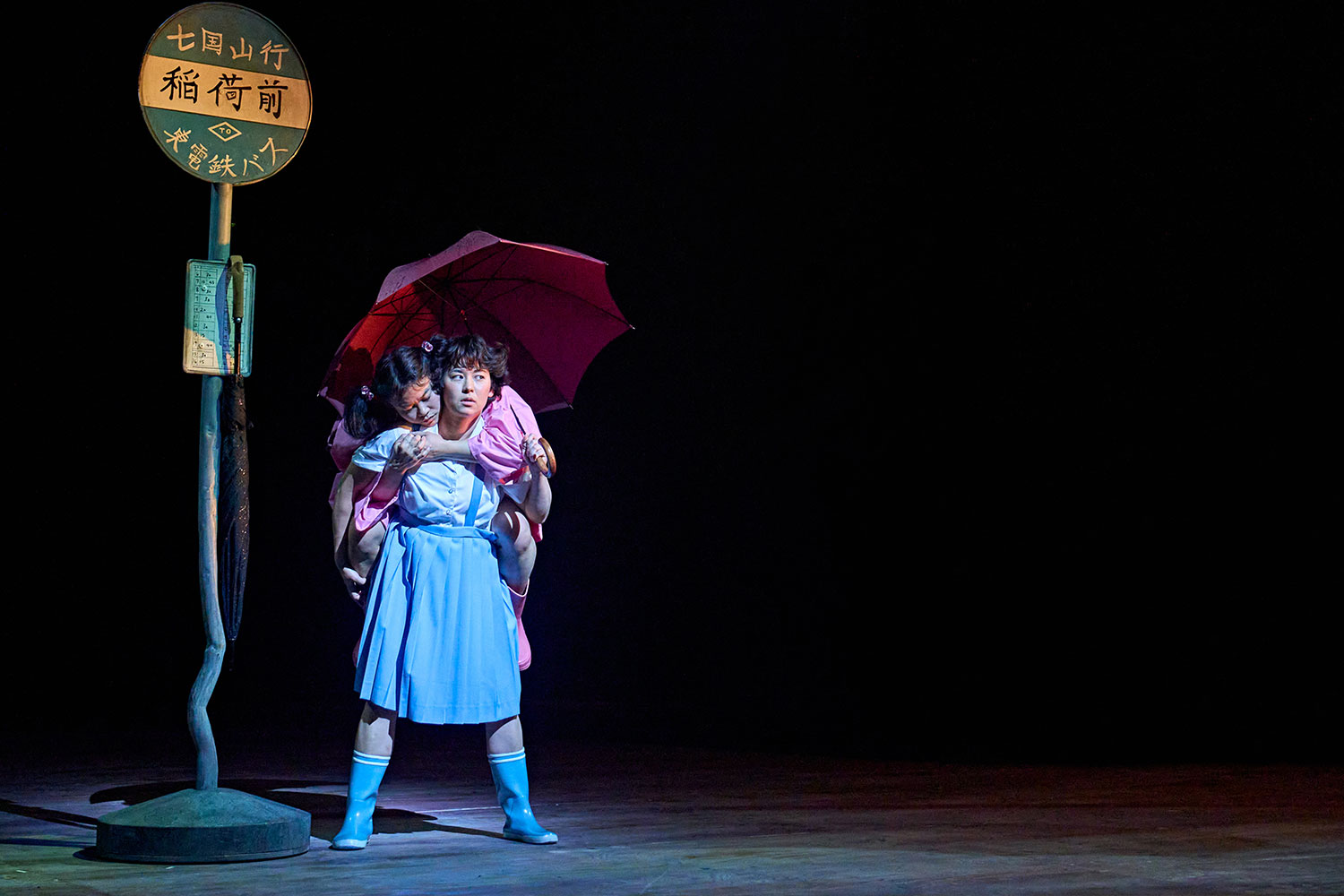Mare Rider
Myth and reality meet in the maternity ward of Homerton Hospital in Leyla Nazli’s latest play at the Arcola. Elka, a dark, haunting figure from Turkish mythology visits the emotional and disorientated Selma, who has just given birth. Nazli skilfully brings the two women together to examine modern life and the changing facets of the feminist movement.
Divided by a thick, white strip and hospital bed, the audience watch on as the witch-like Elka, (played by Kathryn Hunter) visits Selma (Anna Francolini). A mythical figure renowned for stealing babies, Elka has been present in both Selma’s childhood and nightmares. As she recounts her own fight for freedom, (she was only free to live out her dreams at night), Elka draws out Selma’s inner turmoil at waiting twenty years to start a family, and her struggles with modern life. A debate about feminism ensues in which Elka blames the “many choices” that modern women possess for Selma’s current state. Elka and Selma are two women, separated by time (and reality), who are joined by a communal journey defined by freedom and choice.
Hunter’s performance as the thick-skinned Elka, who teases, challenges and mothers Selma is memorable. She perfectly embodies the knowing enchantress, who, dressed in black, prances around Selma’s bed, before hanging from it like a gargoyle. Anna Francolini conveys Selma’s torment with emotional intelligence. The pair are supported by Matthew Flynn and Hara Yannas as Selma’s husband and nurse respectively, who add a new dimension to the play, by thrusting Selma’s delicate relationship with her husband into the spotlight.
Under the direction of Mehmet Ergen, the production is majestic and moving. He expertly sets an even pace for the constantly changing dynamic between the women. Nazli’s talent lies in drawing together these contrasting versions of feminism, with simplicity and style.
At 65 minutes, Mare Rider is just long enough to cast a moving eye over the feminist debate, without being weighed down by it. And the combination of myth and reality seems the perfect backdrop for a debate that continually asks: can we have it all?










